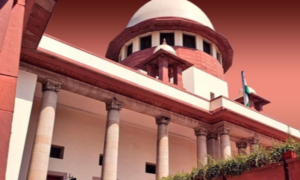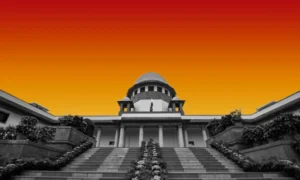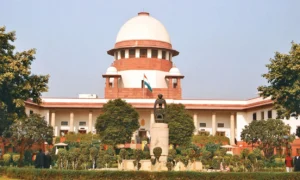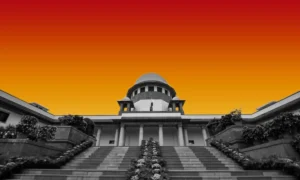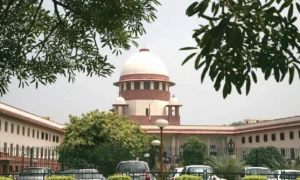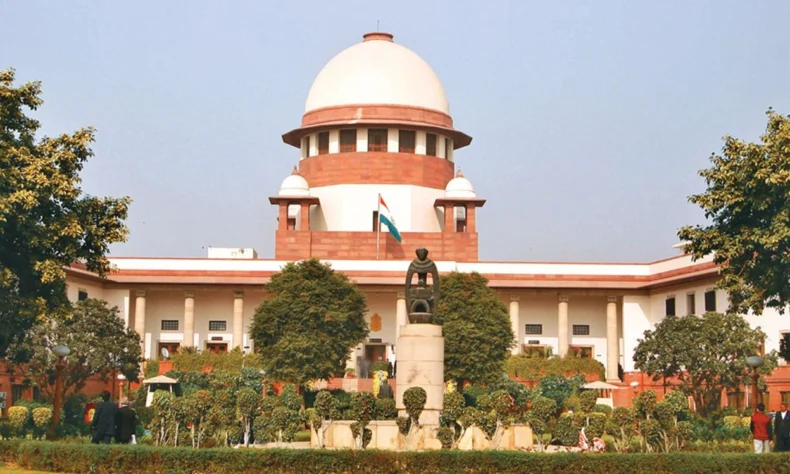
The Supreme Court of India has categorically refused to introduce any quota or special preference for Civil Judges seeking promotion to the post of District Judge. The Court held that creating such distinctions would disrupt the unity of the Higher Judicial Service and weaken the principle that all officers within the cadre must be treated on an equal footing.
A Constitution Bench led by Chief Justice B. R. Gavai, with Justices Surya Kant, Vikram Nath, K. Vinod Chandran, and Joymalya Bagchi, observed that there is no factual basis to claim that judges appointed through direct recruitment are underrepresented. As a result, the perceived dissatisfaction among promotee officers cannot justify carving out a separate category or granting any form of additional advantage.
The Bench reaffirmed that once an officer enters the Higher Judicial Service, the manner through which they joined the judiciary no longer matters. Regular Promotees, candidates who qualify through the limited departmental competitive examination, and Direct Recruits all form part of a single, integrated cadre. Seniority, the Court stated, must be determined through an annually recurring four place roster that follows the sequence of two Regular Promotees, one departmental examination candidate, and one Direct Recruit.
Vacancies reserved for the examination based method or for direct recruitment that remain unfilled in a particular year may be allotted to Regular Promotees, but their placement will be restricted to later positions in the roster to preserve fairness. The Court also made it clear that promotions to the Selection Grade or the Super Time Scale must be governed by merit and seniority within the Higher Judicial Service itself. Prior service, experience, or achievements as a Civil Judge cannot be used to claim special weightage or elevated standing.
According to the Court, performance in the lower judicial service does not provide a constitutionally valid basis for superior seniority, nor does it justify separate treatment. With this judgment, the Supreme Court has reinforced that advancement within the Higher Judicial Service must remain uniform, transparent, and free from artificial classifications, thereby preserving the integrity of the judicial hierarchy.
📰 Crime Today News is proudly sponsored by DRYFRUIT & CO – A Brand by eFabby Global LLC
Design & Developed by Yes Mom Hosting

